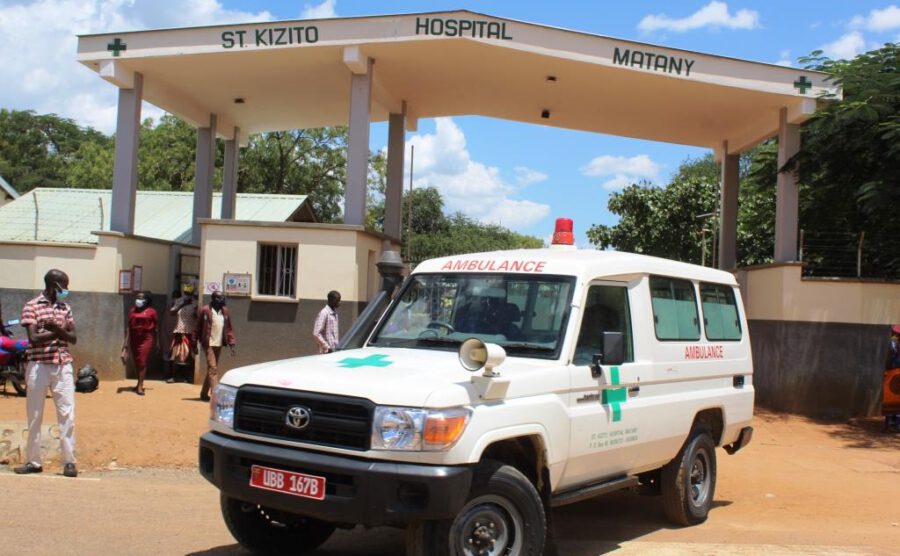In the opening words of the Fifth Chapter of Fratelli tutti – A Better Kind of Politics – Pope Francis tells us that the best politics is that which is placed at the service of the true common good, and that only such politics can serve the purpose of accompanying peoples and nations to live that social friendship on which human fraternity is grafted. No objection can be raised to such an incipit: our heart is enough to tell us that, deep down, the very human heart is made to wish things to be so. The task becomes somewhat more arduous when, in the concrete circumstances of life, this well-disposed heart must grapple with the patient pursuit of the common good, the set of those conditions of social life which enable groups, as well as individual members, to reach their own perfection more fully and more quickly (Catechism of the Catholic Church, 1906).
After the introduction, Pope Francis describes those conditions that are an obstacle to the journey towards that world that our heart desires (FT 155-168) and then mentions the international perspective that needs to be adopted in order to intervene effectively on the great complexity and interdependence of the factors that hinder the common good. In my missionary experience as a doctor in Uganda, at a certain point – after fifteen years of clinical practice studded with many small satisfactions given by the accomplished sense of the act of healing from illness – I unwillingly had to leave the patient’s bedside. It happened when I was asked to enter, with fear, trembling and a great sense of inadequacy, into the complexity of the problems linked to the organisational system (dispensaries, hospitals, the organisational networks of social and state health, national health policies first and then international, specifically the policies of international development aid).
It was a change of perspective that was almost unnoticed at first, measured by the number of hours of service I took away from clinical practice to devote myself to the organisation of that beautiful hospital I had been entrusted with, which was suffering from chronic organisational and economic unsustainability. Working in the field of health in a country poor in economic resources is an undertaking for rapid bankruptcy when you want to reach everyone in need, even if they cannot pay. And the nice hospital to which my superiors had assigned me had a big financial problem.
As I consulted other missionaries and fellow hospital directors of “mission” hospitals who shared the same responsibility as I did, I realised that we all had the same problem. And it soon became clear that we health workers in the Catholic hospital network had the same problem as our Protestants and Muslims colleagues. From there it was only a short step to starting a dialogue with the Ministry of Health, and here was the surprise: the Ministry of Health was also struggling with the same problem on a national scale. The big international development aid agencies were also affected by this problem. Although they had some money at their disposal, they did not know how to get it as close as possible to those ‘poor’ people whom they wanted to reach. It was therefore a question of finding a solution to a complex problem, a systemic problem.
It is incredible how fruitful and creative it is when people from different backgrounds manage to overcome ideological and cultural barriers, putting aside partisan interests for the time being, in order to place the common good at the centre of their work, discovering that in the end it is worthwhile for everyone to lose a little of their autonomy and forget a little of their partisan interest in order to make room for that desire for good that dwells in the human heart, and which is the imprint – whether conscious or unconscious – of the Mystery in us. We also discover that, as we go along, bonds of respect and friendship are established even among those who have always considered themselves to belong to opposing camps. From FT 186 onwards, tteh encyclical elaborates on political love, solidarity, subsidiarity, political charity… and the good fruits that come from this way of acting. I believe that the alliance established in Uganda, in the field of health, between Catholics, Protestants, Muslims, the government, NGOs and development aid agencies has allowed a convergence of interests to emerge: it was convenient for us health workers in private facilities, it was convenient for the Ministry of Health and its donors, and it was certainly convenient for our patients to ask ourselves how to build a system that is more equitable and responsive to the needs of the poorest. The policy of public-private social health partnership has thus made it possible to take a few humble steps in the right direction. The confirmation that comes from the Pope’s words in the Fratelli tutti is heartening and strengthens us in continuing to pursue this method of working.



